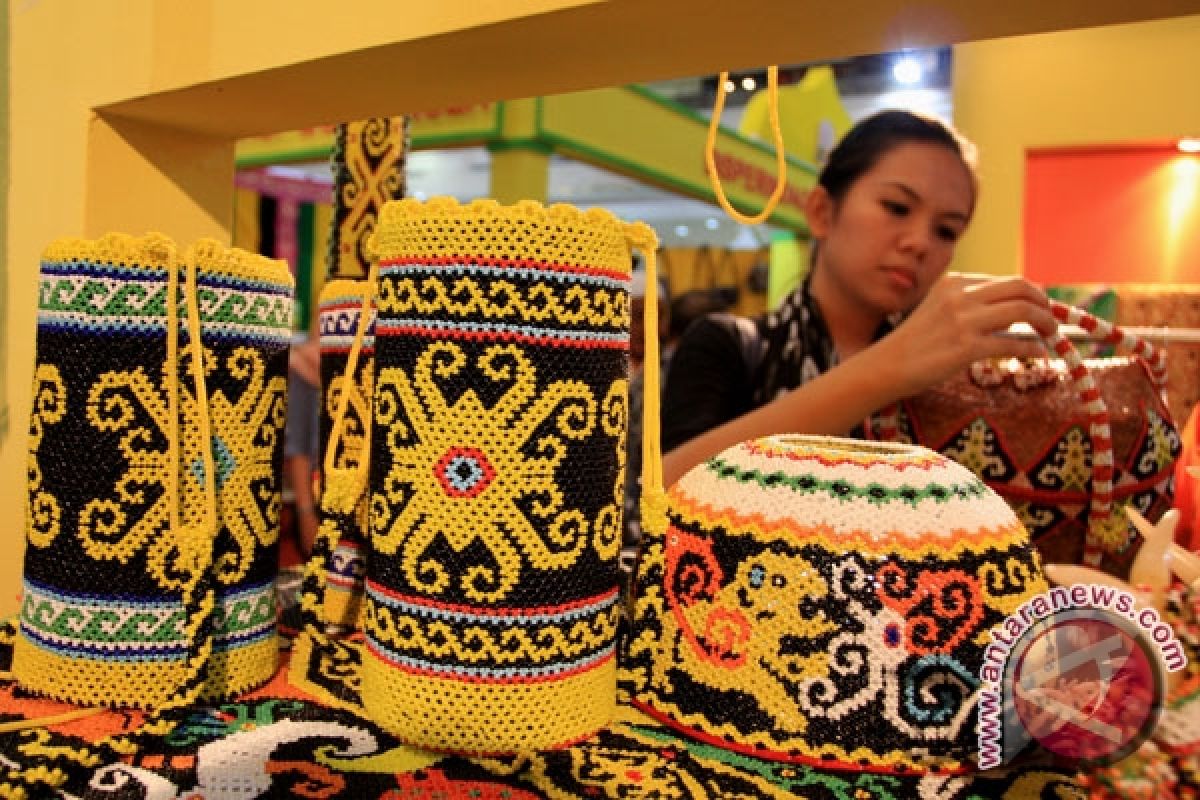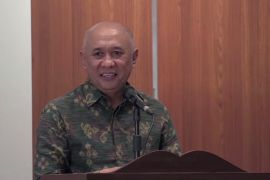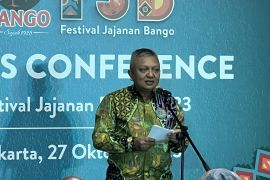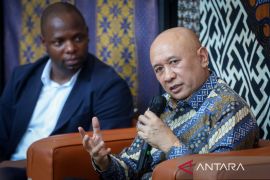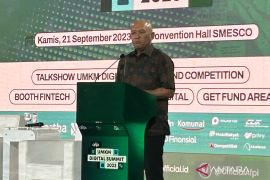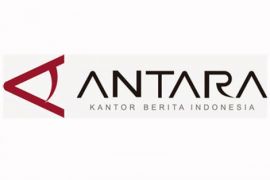Considering the roles the SMEs play in the country`s economic development, the government should facilitate and encourage banks to provide credits for them whose number reaches 51.26 million units or about 99 percent of the whole businesses in the country.
"They must be given attention and various kinds of assistance such as access to various information, capital sources and other funding facilities. This should be done based on the people`s economic principles," Maritime Affairs and Fisheries Minister Fadel Muhammad said in West Sumatra recently.
The need to provide financial support for SMEs is also voiced by Djemi Suhenda, vice president director of Bank BTPN, in Bandung on Sunday. He said that the number of small businesses in Indonesia now was recorded at 51 million units, of which 36 million were in the poor productive sector.
"The government support is needed to increase small businesses` access to the funding sources, among others by issuing supporting regulations, loan infrastructure, credits, training and researches," he said.
According to Djemi Suhenda, banks so far have only paid attention to micro banking facilities while they still ignored the poor productive sector because they think it would need huge funds while profit they could gain is not significant.
"The micro and poor sectors need fast and easy access to funding sources in order to accelerate and boost their roles in the development of people`s economy," he said.
The banker however acknowledged that it was not easy and cheap for banks to enter into the micro and poor sectors because they would need a huge investment and a business model innovation in order to adjust it to the characters of micro and small people.
But basically, banks have the potentials to enter the micro and poor sectors because they had the ability to produce innovation and huge amount of funds.
Virtually, the government itself has a credit program called "KUR" or a smallholder credit scheme, to help develop small people`s business. Yet it still found difficulties, particularly in the region in carrying out the KUR program.
Minister for Cooperatives and SMEs Affairs Syarief Hasan said the government still needed time to smoothly carry out and distribute the KUR funds through banks because not all banks shared the same system in the distribution of KUR credits.
"We are still coordinating with a number of banks because large banks usually face difficulties to provide funds for micro businesses rather than for large scale firms," the minister said.
Yet, it seems that the provision of KUR this year could be achieved easily.
The ministry of state enterprises (BUMN) has recorded that the amount of KUR credits provided for micro businesses up to May 2011 has reached Rp11.012 trillion with a number of 771,818 customer recipients.
"The provision of KUR credits has reached 55.06 percent of the target set this year at Rp20 trillion," the minister said.
But he said that the government had not yet decided to revise its 2011 KUR target.
"Although the realization of KUR has reached over 50 percent with the number of recipients reaching 771,818, the target this year remains the same as that already set at Rp20 trillion," Minister Mustafa Abubakar said.
The minister said that the quantitative achievements, including the number of credit recipients showed a progress, so that it was just possible to increase the KUR amounts. "We still keep the target at the amount already set earlier, except if the chief economic minister asked that it should be revised," the BUMN minister said.
Up to May, 2011, the biggest KUR amounts were provided by state-owned Bank BRI reaching Rp6.901 trillion which included retail KUR worth Rp1.307 trillion with 7,259 customers and micro KUR valued at Rp5,593 trillion with 721,470 debtors.
The second biggest KUR provider bank was state-owned Bank BNI with a KUR commitment of Rp1.009 trillion and 8,252 customers. The third largest was provided by Bank Mandiri with KUR credits amounting to Rp1.001 trillion and 10,496 customers.
In the meantime, credit provision of the whole banks up to April 2011 increased to Rp350.8 trillion or about 23.8 percent.
Bank Indonesia (BI/the central bank) Deputy Governor Muliaman D Hadad said if compared with that in the same period a year earlier, the banking credits up to early in June this year had grown by 23.5 percent.
He said that the credit growth was still dominated by investment credits which were recorded at 10 percent year-to-date, followed by consumption credits which accounted for 7.5 percent.
Although there would be steady demand for credits, yet small scale businesses still face difficulties in gaining credits from big banks.
Economic analyst of the Makassar-based Alauddin State Islamic University (UIN) Prof Dr Natsir Mahmud said businesses faced difficulties to borrow money because the interest rates were high namely ranging from 10 to 15 percent.
"The high rate of banking credits poses a problem for small and new business players so that businesses in Indonesia find it hard to develop. In Singapore interest rates are only about six percent while in the United States are five percent, even once three percent," said Natsir.
According to Minister Syarief Hasan, the government still needed time to provide low interest rates and easy access to founding sources for small businesses because it has to build a common perception in the first place with banks.
Djemi Suhenda shared the minister`s opinion, saying that interest rates should not be lowered too far so that banks would be attracted to enter the small business sector.
"Let them enter this sector first. If the number of large banks entering this sector has increased and competition has begun, the interest rates will automatically go down," he said.
(T.A014/H-NG)
Reporter: by Andi Abdussalam
Editor: Priyambodo RH
Copyright © ANTARA 2011
